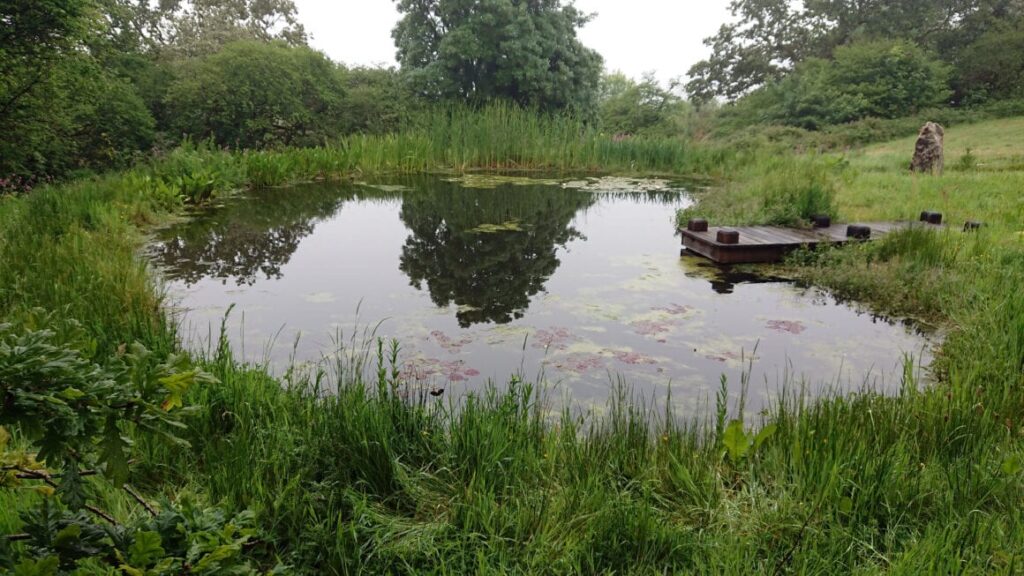Having algae-eating fish in your garden pond can be an effective and environmentally friendly way to control excess algae growth, keeping your pond clear and healthy. Here are some popular algae-eating fish species for garden ponds:
- Koi (Cyprinus carpio):
- Koi are not only beautiful and ornamental but also help control algae. They primarily feed on small aquatic insects and larvae, but they will consume algae and other plant matter when available.
- Goldfish (Carassius auratus):
- Goldfish, like koi, are both attractive and useful in controlling algae. They are omnivorous and will eat algae, insect larvae, and aquatic plants. Comets and shubunkins are popular varieties for ponds.
- Grass Carp (Ctenopharyngodon idella):
- Grass carp, also known as white amur, are herbivorous fish that primarily feed on aquatic plants. They are highly effective at controlling submerged and floating aquatic plants, including some types of algae.
- Plecos (Hypostomus plecostomus):
- Plecos are a type of catfish that are known for their algae-eating abilities. They primarily feed on algae that grow on hard surfaces, such as rocks and submerged structures.
- Chinese Algae Eaters (Gyrinocheilus aymonieri):
- These small, bottom-dwelling fish are excellent at consuming algae, particularly the soft, green types. They are ideal for smaller ponds or water gardens.
- Siamese Algae Eaters (Crossocheilus siamensis):
- Siamese algae eaters are peaceful fish known for their appetite for algae, including green and black beard algae. They can be a helpful addition to ponds with algae issues.
- Mollies (Poecilia spp.):
- Mollies are livebearers that readily consume algae and are suitable for warmer climates. They prefer freshwater and are not cold-tolerant.
- Mosquitofish (Gambusia spp.):
- These small, aggressive fish primarily feed on mosquito larvae. While they may not be the most effective algae eaters, they can help control mosquito populations in your pond.
When adding algae-eating fish to your garden pond, consider the specific needs and compatibility of each species with the existing inhabitants. Additionally, monitor your pond’s water quality and ensure there’s a balance between fish, plants, and other organisms to maintain a healthy ecosystem. Overstocking with fish can lead to water quality issues, so it’s important to strike a balance that suits the size and conditions of your pond.


